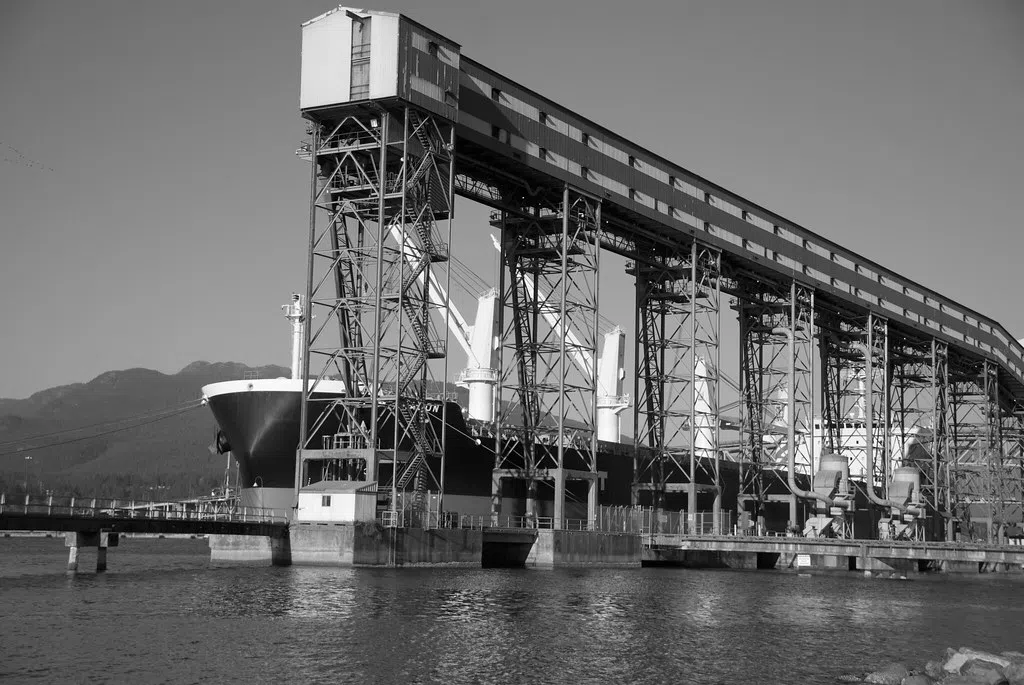U.S. Wheat Associates and the National Association of Wheat Growers extended thanks to the Office of the U.S. Trade Representative for targeting the proposed Section 301 actions regarding Chinese maritime practices in ways that protect U.S. farm commodity export competitiveness.
The uncertainty about the proposals was already causing problems for overseas customers, who were hesitant to make purchases with additional port fees looming.
“This move means a lot to farmers and customers around the world,” said USW Chairman Clark Hamilton, a wheat farmer from Ririe, Idaho. “We want to thank them for their efforts to balance the need for action against these Chinese maritime practices with the potential for harm to our export competitiveness.”
The U.S. wheat industry and its customers depend on ocean-going vessels, especially dry bulk carriers, and exports are vital to this sector. About half of the U.S. wheat crop is exported each year. The reconsideration of the proposal, which would have significantly increased export costs for U.S. wheat, is a welcome relief for our industry.
“Ocean shipping is critical for U.S. wheat growers to move their crops to market, and this step helps maintain our global competitiveness,” said NAWG President Pat Clements.
USTR Action
USTR took targeted action to restore American shipbuilding and address China’s unreasonable acts, policies, and practices to dominate the maritime, logistics, and shipbuilding sectors. These responsive actions come after a year-long Section 301 investigation, which included USTR convening a two-day public hearing, receiving nearly 600 public comments, and consulting with government agency experts and USTR cleared advisors.
“Ships and shipping are vital to American economic security and the free flow of commerce,” said Ambassador Greer. “The Trump administration’s actions will begin to reverse Chinese dominance, address threats to the U.S. supply chain, and send a demand signal for U.S.-built ships.”
These actions balance the need for action and the importance of limiting disruption for U.S. exporters. They will occur in two phases:
For the first 180 days the applicable fees will be set at $0.
(1) In the first phase, after 180 days:
- Fees on vessel owners and operators of China based on net tonnage per U.S. voyage, increasing incrementally over the following years;
- Fees on operators of Chinese-built ships based on net tonnage or containers, increasing incrementally over the following years; and
- To incentivize U.S.-built car carrier vessels, fees on foreign-built car carrier vessels based on their capacity.
(2) The second phase actions will not take place for 3 years:
- To incentivize U.S.-built liquified natural gas (LNG) vessels, limited restrictions on transporting LNG via foreign vessels. These restrictions will increase incrementally over 22 years.
In addition, USTR is seeking public comments on the proposed tariffs on ship-to-shore cranes and other cargo handling equipment, in line with the President’s Maritime Executive Order.
To view the Federal Register Notice, click here.
The deadline to submit a request to appear at the hearing is May 8, 2025.
Comments in response to this notice can be submitted or accessed here.
Sources: USTR, U.S. Wheat Associates, National Association of Wheat Growers





Comments